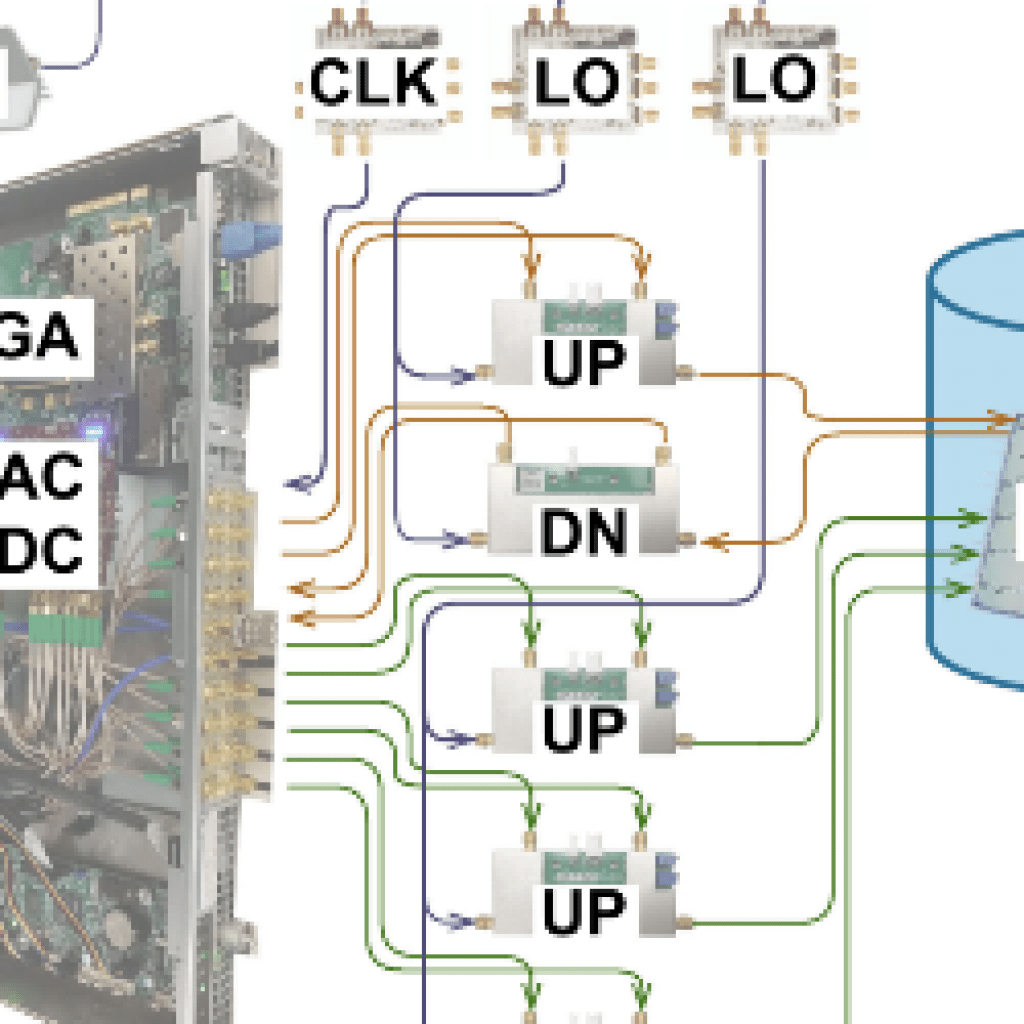(Phys.org) Monica Hernandez, Joe Chew, Lawrence Berkeley National Laboratory describe the Berkeley Labs’ open sourced control hardware for quantum computers in this recent article. Inside Quantum Technology news summarizes here.
The Advanced Quantum Testbed (AQT) at Lawrence Berkeley National Laboratory (Berkeley Lab) has open sourced a new electronics control and measurement system for superconducting quantum processors, making the engineering solutions for the emerging hardware more accessible. Superconducting circuits are one of the leading quantum computing technologies seeking to solve complex problems beyond the reach of classical computers.
AQT’s superconducting qubit control system—QubiC for short—is customizable and modular. Researchers Gang Huang and Yilun Xu from Berkeley Lab’s Accelerator Technology and Applied Physics Division (ATAP) led the AQT QubiC design, leveraging a robust technological legacy in research and development for particle accelerators. AQT is funded by the Advanced Scientific Computing Research (ASCR) program in the U.S. Department of Energy Office of Science.
Quantum information processors require expensive electronic controls that can manipulate qubits with precision. However, it is both a theoretical and experimental challenge to develop the control hardware that maximizes quantum computers’ performance. Furthermore, current coherence times are short-lived, and most commercially available electronic equipment is designed as general-purpose for non-quantum systems. The cost, size, and complexity of control and measurement hardware increase with a growing number of qubits. This presents a significant roadblock for startups and junior academic research groups worldwide.
AQT’s researchers at Berkeley Lab are tackling these control challenges by designing modular control hardware for current and future superconducting processors and open sourcing the system’s full-stack code, so that it can be accessed, improved, and leveraged by the broader quantum information science community.
The research and development of AQT’s control hardware comes from a seemingly unlikely source, but that leverages Berkeley Lab’s origins and 91-year history: particle accelerators. Across their many sizes and purposes—ranging from compact medical treatment machines to extensive research facilities like the Large Hadron Collider—accelerators speed up charged particles and funnel them into a controlled beam to explore matter and energy.
As particle accelerators grow more powerful, the need for state-of-the-art instrumentation and control systems increases. It’s critical to precisely stabilize particle beams and the sophisticated equipment that produces them. The resulting technology and know-how can benefit many other fields, such as quantum computing.
